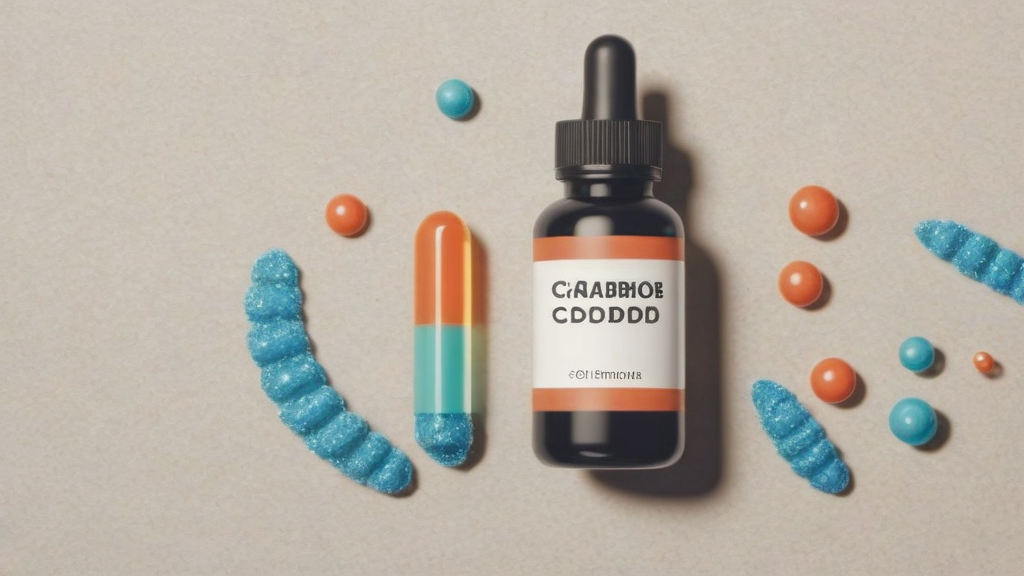CBD interactions with medications
One of the most frequently asked questions in health and pharmaceuticals is whether cannabis can be mixed with medications. In fact, it is a valid concern, especially for those who take cannabidiol regularly for any purpose. It is understandable that some defend it, especially when it comes to CBD oil. After all, it’s not psychotropic and is used by thousands of people every day, so it should be safe, right?
CBD and its interactions with the body
The cannabis plant contains more than one hundred chemical compounds, some of which can react with each other. The question is whether CBD will cause a harmless reaction when it interacts with other substances. CBD interacts with the main receptors of the endocannabinoid system, among other molecular targets, such as serotonin and vanilloid receptors. It modifies homeostasis between our physiological systems, which could be beneficial for some people in certain situations.
CBD metabolism in the body
CBD is primarily metabolized by cytochrome P450 complex isoenzymes in the liver. Depending on the dose and method of administration, CBD can remain in the body for weeks. This process can affect the metabolism of other medications, which could have implications for their effectiveness and safety.
CBD interactions with specific medications
CBD can interact with a wide range of medications, affecting their metabolism and levels in the body. For example, CBD has been observed to slow the metabolization of certain medications, which can increase their levels in the body and potentially their side effects.
Conclusion and recommendations
It is important to consider the possible interactions of CBD with the medications you are taking. Consulting with a doctor is essential to obtain advice and clear answers to any questions you may have about using CBD along with other medications.
